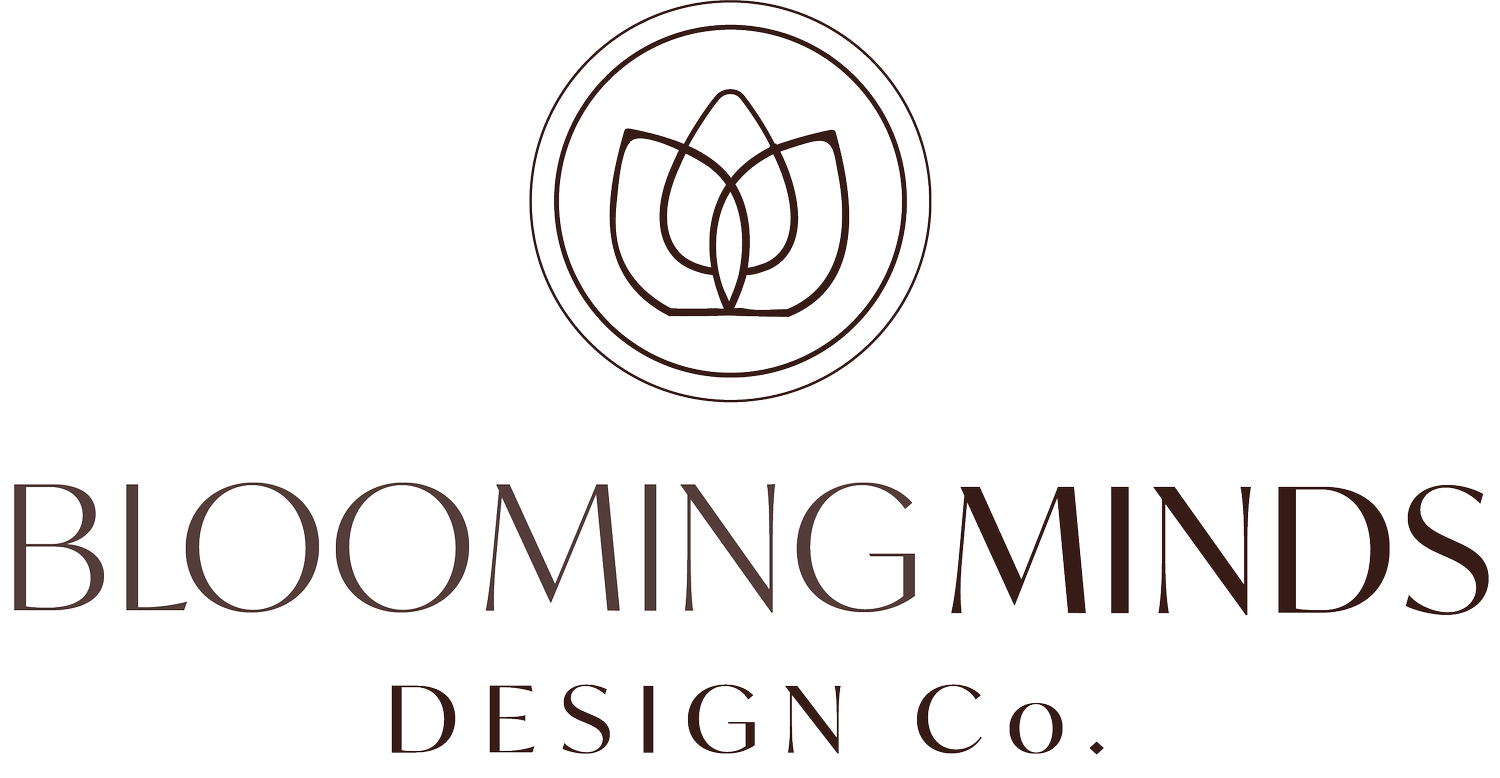The Future of Branding in Sustainability and Ethical Practices
As we navigate the complexities of the modern marketplace, the conversation around sustainability and ethical practices in branding has taken center stage. Today’s consumers are increasingly discerning, and they demand more from the brands they choose to support. Understanding how these elements shape brand identity is crucial for any business looking to thrive in the future.
The Growing Importance of Sustainability
In recent years, sustainability has shifted from a niche concern to a mainstream expectation. Consumers are more informed than ever, and they actively seek out brands that demonstrate a commitment to environmental and social responsibility. Research indicates that a significant percentage of consumers prefer to purchase from brands that prioritize sustainability. This shift not only influences purchasing decisions but also shapes brand perception and loyalty.
Consumer Trust: Brands that integrate sustainable practices into their core values tend to foster greater trust among their customers. Authenticity and transparency are paramount in this relationship; consumers want to know that brands genuinely care about their impact on the planet and society.
Ethical Practices as a Brand Differentiator
In a saturated market, differentiating your brand is essential. Ethical practices—ranging from fair labor conditions to environmentally friendly sourcing—can set a brand apart. When companies commit to ethical standards, they often resonate more deeply with consumers who value corporate social responsibility.
Brand Reputation: Companies that embrace ethical practices not only enhance their reputation but also attract like-minded consumers. This connection can lead to brand loyalty, as customers feel they are part of a community that shares their values.
The Role of Transparency in Branding
Transparency is a critical component of building a sustainable brand identity. Consumers today expect brands to be open about their practices, sourcing, and overall impact. This level of transparency can significantly influence brand loyalty and customer engagement.
Communicating Values: Brands that effectively communicate their sustainability efforts and ethical commitments tend to create a stronger emotional connection with their audience. This can be achieved through storytelling, sharing insights into sourcing practices, and reporting on sustainability goals.
The Economic Impact of Sustainable Branding
Investing in sustainability is not just a moral choice; it also makes good business sense. Brands that prioritize sustainability often find that these efforts lead to long-term financial benefits. Sustainable practices can reduce costs, increase efficiency, and even open new market opportunities.
Market Demand: As consumer demand for sustainable products grows, brands that are ahead of the curve can capitalize on this trend. Offering eco-friendly options not only meets consumer needs but also positions a brand as an innovator in its industry.
The Challenges of Implementing Sustainable Practices
While the benefits of sustainable branding are clear, the journey is not without its challenges. Many brands struggle with balancing cost, operational changes, and customer expectations. There can be significant hurdles in the supply chain, particularly when it comes to sourcing sustainable materials and ensuring ethical labor practices.
Navigating Complexity: The path to sustainability requires thoughtful planning and genuine commitment. Brands must navigate the complexities of their supply chains and consider the long-term impacts of their decisions.
Looking Ahead to The Future of Branding
As we look to the future, sustainability and ethical practices will continue to be integral to brand identity. The brands that thrive will be those that not only adapt to these changes but embrace them as core elements of their identity.
Cultural Shift: The growing emphasis on sustainability reflects a broader cultural shift toward environmental and social responsibility. This evolution in consumer values will shape the branding landscape for years to come.
The importance of sustainable design Identity
The future of branding is undeniably intertwined with sustainability and ethical practices. As consumers increasingly seek out brands that reflect their values, the importance of incorporating these principles into brand identity becomes clear. For businesses, the challenge lies in navigating this evolving landscape with authenticity and transparency.
Brands that embrace sustainability and ethical practices will not only strengthen their identity but also create lasting connections with their audience, paving the way for success in an ever-changing marketplace. As we move forward, the brands that prioritize making a positive impact will be the ones that stand out and resonate in the hearts and minds of consumers.


